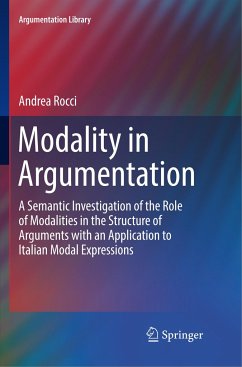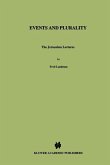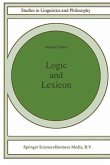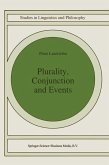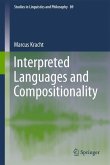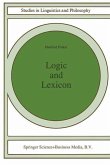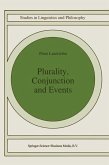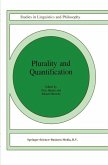This book addresses two related questions that have first arisen in Toulmin's seminal book on the uses of argument. The first question is the one of the relationship between the semantic analysis of modality and the structure of arguments. The second question is the one of the distinctive place, or role, of modality in the fundamental structure of arguments. These two questions concern how modality, as a semantic category, relates to the fundamental structure of arguments. The book addresses modality and argumentation also according to another perspective by looking at how different linguistic modal expressions may be taken as argumentative indicators. It explores the role of modal expressions as argumentative indicators by using the Italian modal system as a case study. At the same time, it uses predictions/forecasts in the business-financial daily press to investigate the relation between modality and the context of argumentation.
Bitte wählen Sie Ihr Anliegen aus.
Rechnungen
Retourenschein anfordern
Bestellstatus
Storno

